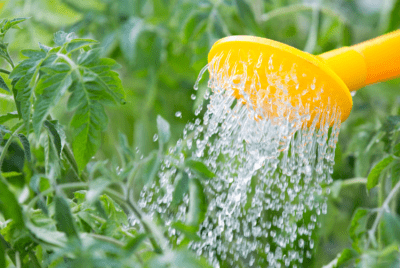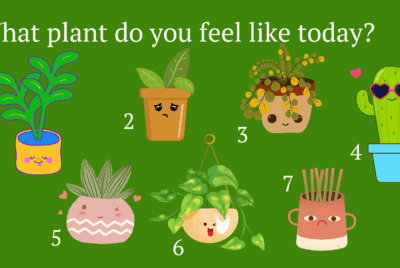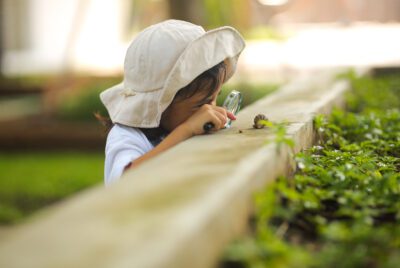RESEARCH
Comparison of the Effects of Individual and Group Horticulture Interventions
Summary
This study wanted to know if doing horticultural therapy (HT) in a group is better than doing it alone for reducing stress. They divided university students into three groups: one group did HT together, one did it individually, and a control group just got a gardening kit. The HT involved weekly sessions with lessons and hands-on gardening activities, plus some gardening at home. The researchers measured things like the students’ quality of life, emotional intelligence, mental health, mood, and stress levels (using saliva samples) before and after the program.
The study found that the group HT group improved more in their quality of life, emotional intelligence, and mental health compared to both the individual HT and the control groups. The group HT also lowered their stress hormone (cortisol) levels more than the others. This suggests that doing HT with others is better for improving mental well-being and reducing stress than doing it alone, possibly because of the social interaction and sense of community that group gardening provides.







